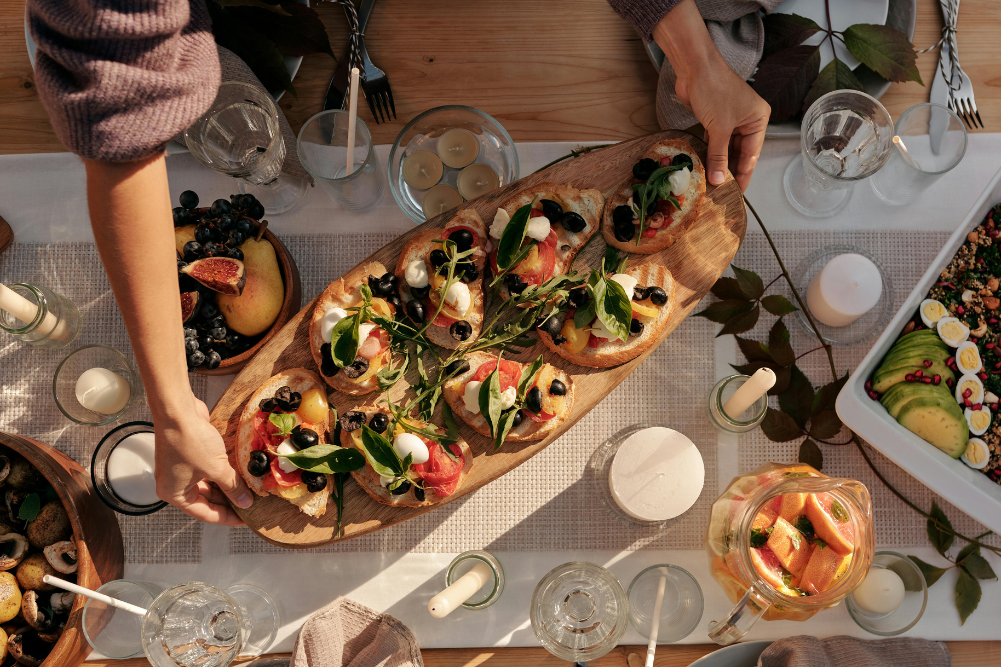Learn how to quiet “food noise” and navigate festive-season pressures with mindful, balanced habits.
With the end of the year being a time full some, it’s also a time when the volume dial can crank up on “food noise”.
Food noise, although not a clinical term, is a phrase increasingly used to refer to the constant mental chatter, intrusive thoughts or sense of overwhelm about food. It’s that voice in your head that says you’ve already had too many mince pies or that you should fit in an extra workout to counteract the additional food. It might be obsessing over what to eat, when to eat, whether you’ve eaten “too much”, avoiding certain foods or feeling guilt or anxiety around food.
Food noise can be experienced by anyone. A 2024 study, which was commissioned by Weight Watchers and STOP Obesity Alliance — a coalition of experts focused on addressing the global obesity crisis and housed at George Washington University in the US — found that 57 per cent of research participants said they had experienced food noise.
For some, food noise can turn an otherwise happy and celebratory time into one full of stress and anxiety. If this is something that you struggle with, it’s important to quiet the noise, and there are ways to turn the volume down which are rooted in mindfulness and wellbeing.
’Tis the season
Whether it’s sleeping in longer, consuming more alcohol or a shift in eating habits, the festive season is a time when our health routines can fall out of sync. This is normal and can provide an enjoyable break, but the change can be difficult for some.
“The festive season can be a chaotic and busy time, full of increased festivities centred around food, disruptions to usual routines such as more time off, increased time with family and friends that you might not have seen in a while, and social pressures,” says Natalie Spicer, head of Clinical and Support Services at Butterfly Foundation. “All of this can compound to make ‘food noise’ louder and more difficult to navigate.”
Cultural expectations, or even just being a guest in someone else’s home, may also bring a sense of added pressure or obligation to finish what’s on your plate or eat things you wouldn’t usually choose to.
Turn down the volume
Many of us have overheard some variation of “I’m going to be naughty and have another chocolate!” at a social gathering. But phrases like this can encourage a shameful mindset around food and amplify food noise.
“Stop labelling foods with moral values,” says Spicer. “There’s no such thing as ‘junk’ or ‘bad’ foods, all foods have a place in a varied and balanced diet.”
An important step is to shift your perspective of what “good” or “bad” foods are. This can be tough, as our feelings on this can be based on a lifetime of conditioning by everything from family, friends, media and our broader culture. Remember that eating less nutritionally dense foods for a short period of time, like the new year period, will usually not do any long-term harm to your health. It’s all about balance.
“It can be helpful to remember that a lot of the ‘food rules’ and attitudes our society has towards food — such as labelling foods with moral valu

